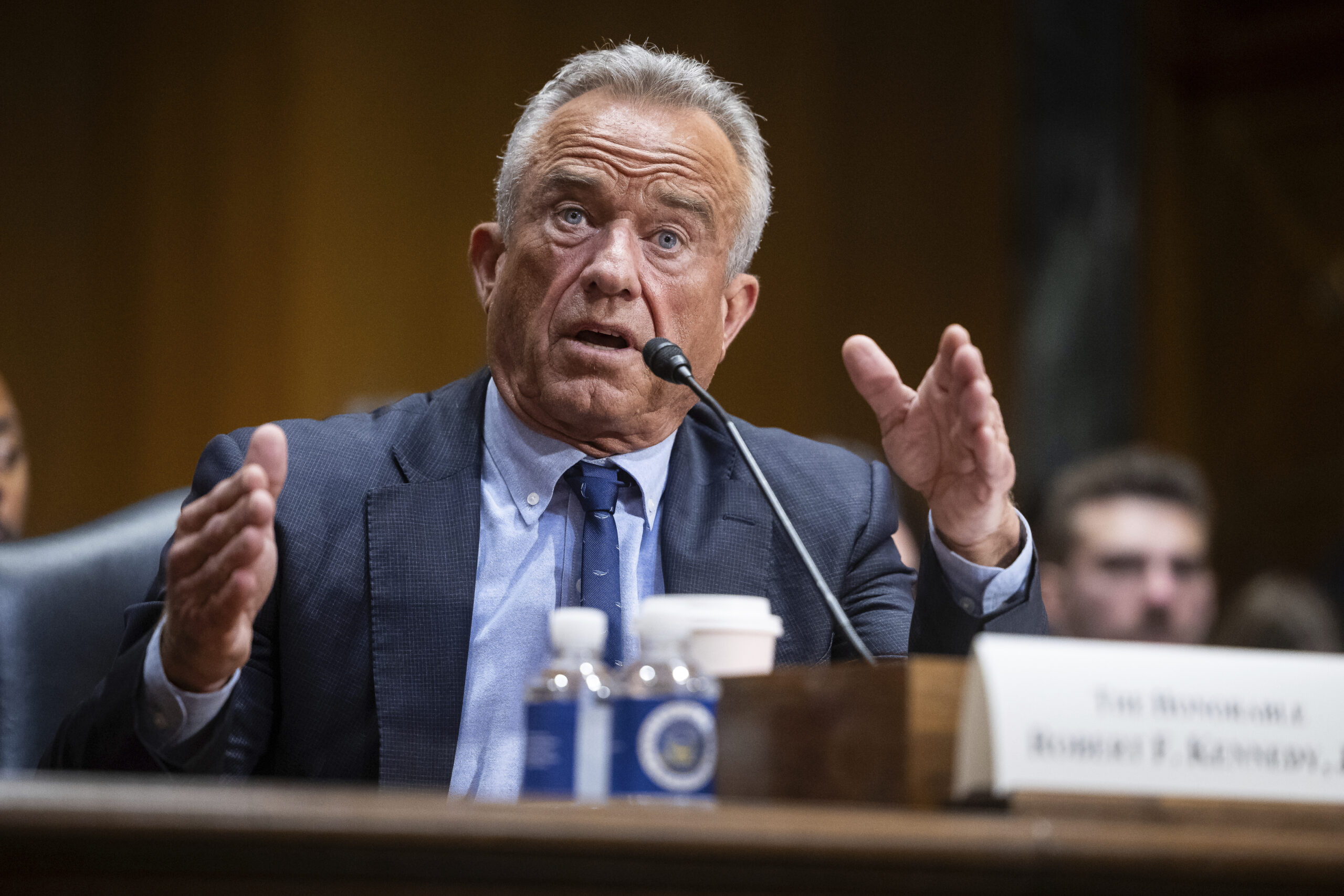Health
RFK Jr. Vaccine Panel Faces Scrutiny Over Childhood Immunizations

Concerns are mounting as the Advisory Committee on Immunization Practices (ACIP) prepares to deliberate on critical childhood vaccinations. The panel, which advises the Centers for Disease Control and Prevention (CDC), will discuss several vaccines including those for Covid-19, hepatitis B, measles, mumps, rubella (MMR), varicella, and the recently introduced respiratory syncytial virus (RSV) vaccine.
The discussions are set to take place in October 2023, with implications that could affect vaccination policies across the United States and potentially influence practices in other English-speaking nations. With the ongoing public debate surrounding vaccine safety and efficacy, the decisions made by this panel are expected to draw significant attention from healthcare professionals, parents, and policymakers alike.
As of now, the panel’s agenda includes not only the established vaccines but also the newly rolled-out RSV vaccine, which is becoming increasingly relevant as respiratory illnesses surge during the winter months. This vaccine has been touted as a crucial advancement in protecting vulnerable populations, particularly infants.
Public figures like Robert F. Kennedy Jr., known for his controversial stance on vaccines, have been vocal about their concerns regarding vaccine mandates and the transparency of vaccine safety data. His involvement in the vaccine debate has highlighted a broader conversation about parental rights and public health policies.
The outcome of this meeting could have a profound impact on vaccination rates, especially among young children. Critics argue that the recommendations from the ACIP can heavily influence state mandates and school entry requirements, which could lead to increased resistance against vaccinations in certain communities.
As the October meeting approaches, stakeholders are calling for transparency and comprehensive discussions on the safety profiles of each vaccine under review. The panel’s recommendations are expected to be based on the latest scientific research and public health data, but the political implications of these decisions cannot be ignored.
With health organizations around the world closely monitoring the developments from this panel, the decisions made could resonate beyond the borders of the United States. The ongoing global struggle against vaccine-preventable diseases hinges on the effectiveness of these discussions and the ensuing recommendations.
As parents and healthcare providers await the ACIP’s conclusions, the focus will remain on ensuring that any potential changes to vaccination protocols balance public health needs with individual rights. The coming weeks will be critical as discussions unfold, and the ramifications of these decisions will likely shape vaccination discourse for years to come.
-

 Lifestyle3 months ago
Lifestyle3 months agoLibraries Challenge Rising E-Book Costs Amid Growing Demand
-

 Sports3 months ago
Sports3 months agoTyreek Hill Responds to Tua Tagovailoa’s Comments on Team Dynamics
-

 Sports3 months ago
Sports3 months agoLiverpool Secures Agreement to Sign Young Striker Will Wright
-

 Lifestyle3 months ago
Lifestyle3 months agoSave Your Split Tomatoes: Expert Tips for Gardeners
-

 Lifestyle3 months ago
Lifestyle3 months agoPrincess Beatrice’s Daughter Athena Joins Siblings at London Parade
-

 World3 months ago
World3 months agoWinter Storms Lash New South Wales with Snow, Flood Risks
-

 Science3 months ago
Science3 months agoTrump Administration Moves to Repeal Key Climate Regulation
-

 Science2 months ago
Science2 months agoSan Francisco Hosts Unique Contest to Identify “Performative Males”
-

 Business3 months ago
Business3 months agoSoFi Technologies Shares Slip 2% Following Insider Stock Sale
-

 Science3 months ago
Science3 months agoNew Tool Reveals Link Between Horse Coat Condition and Parasites
-

 Sports3 months ago
Sports3 months agoElon Musk Sculpture Travels From Utah to Yosemite National Park
-

 Science3 months ago
Science3 months agoNew Study Confirms Humans Transported Stonehenge Bluestones









